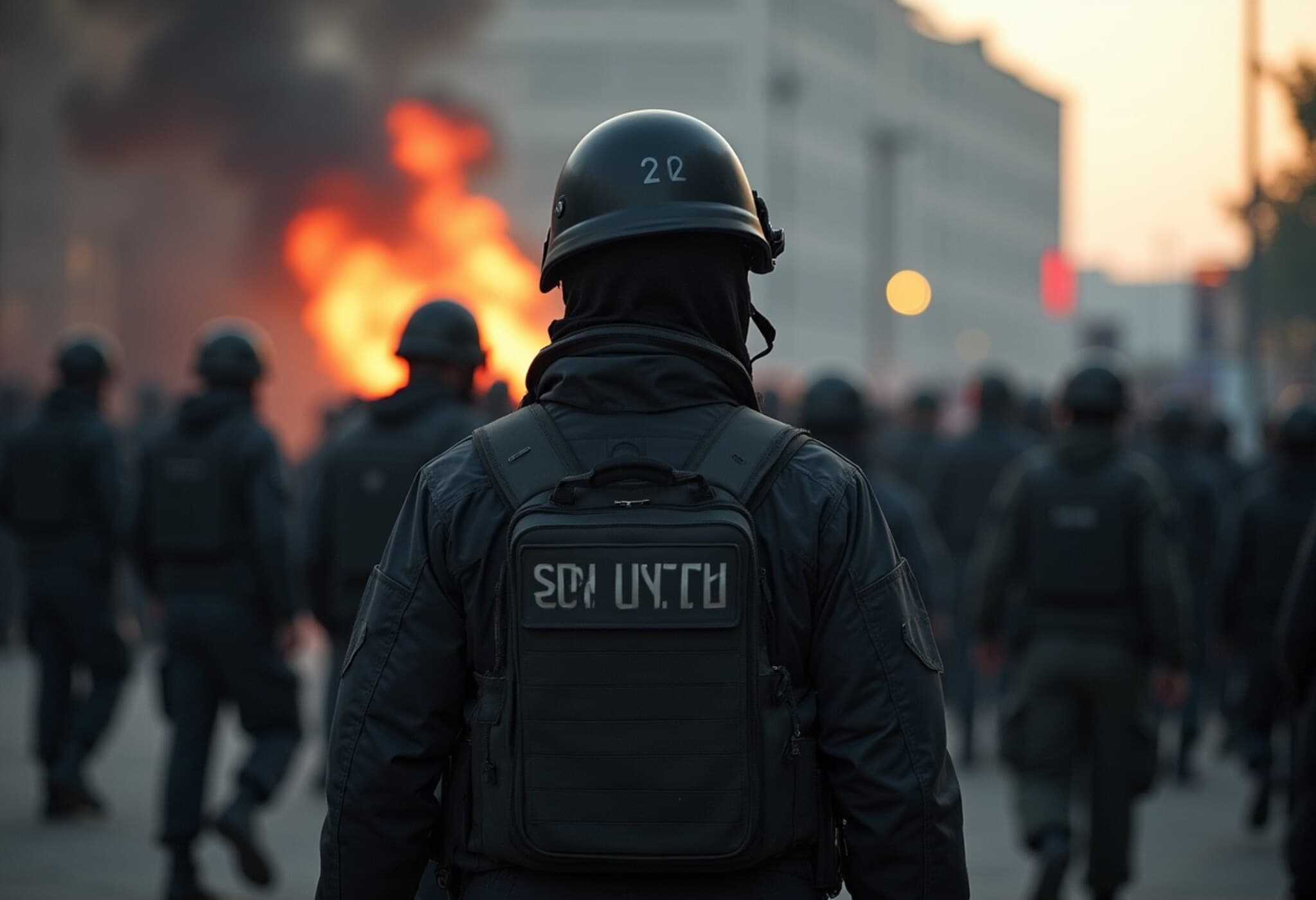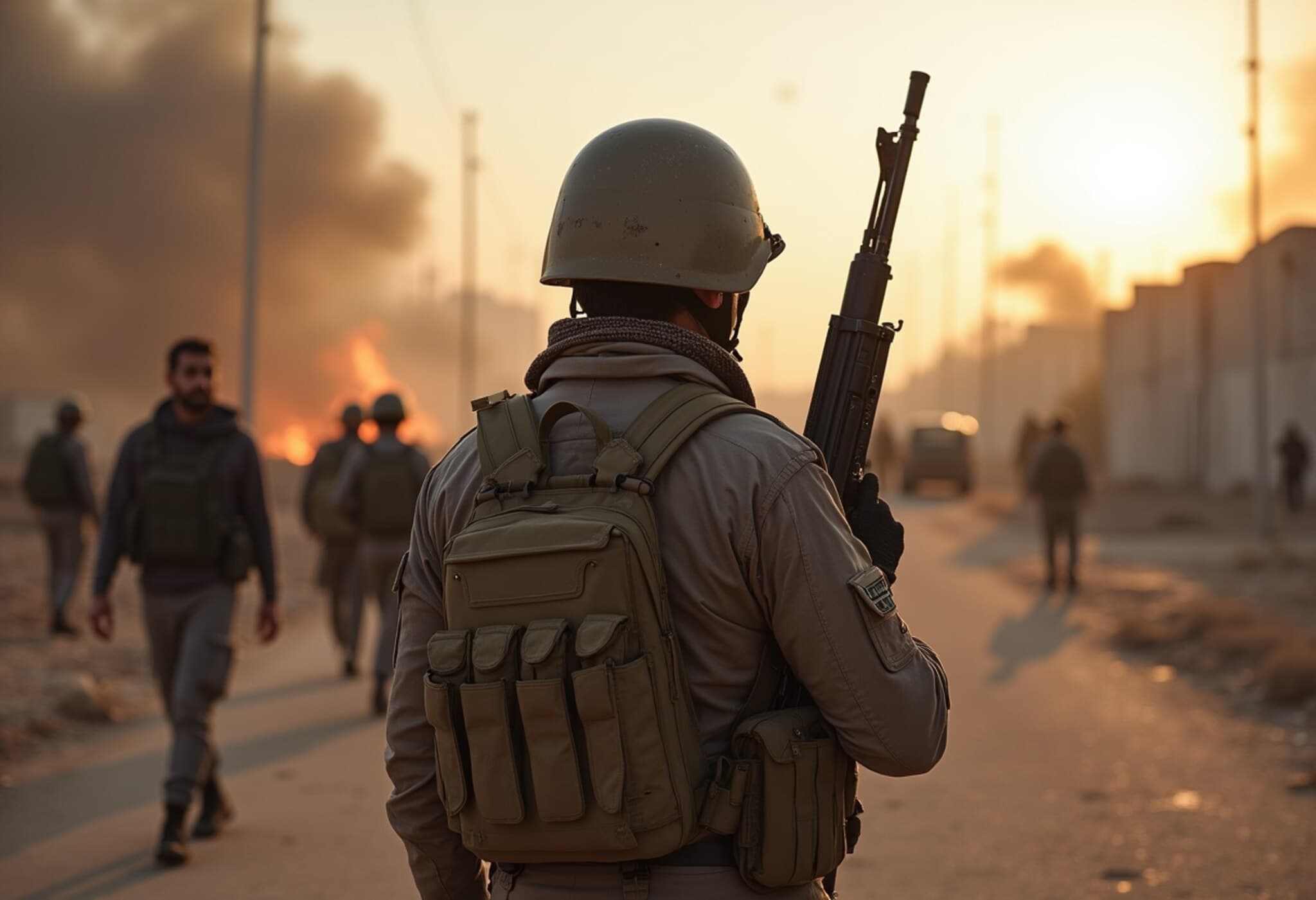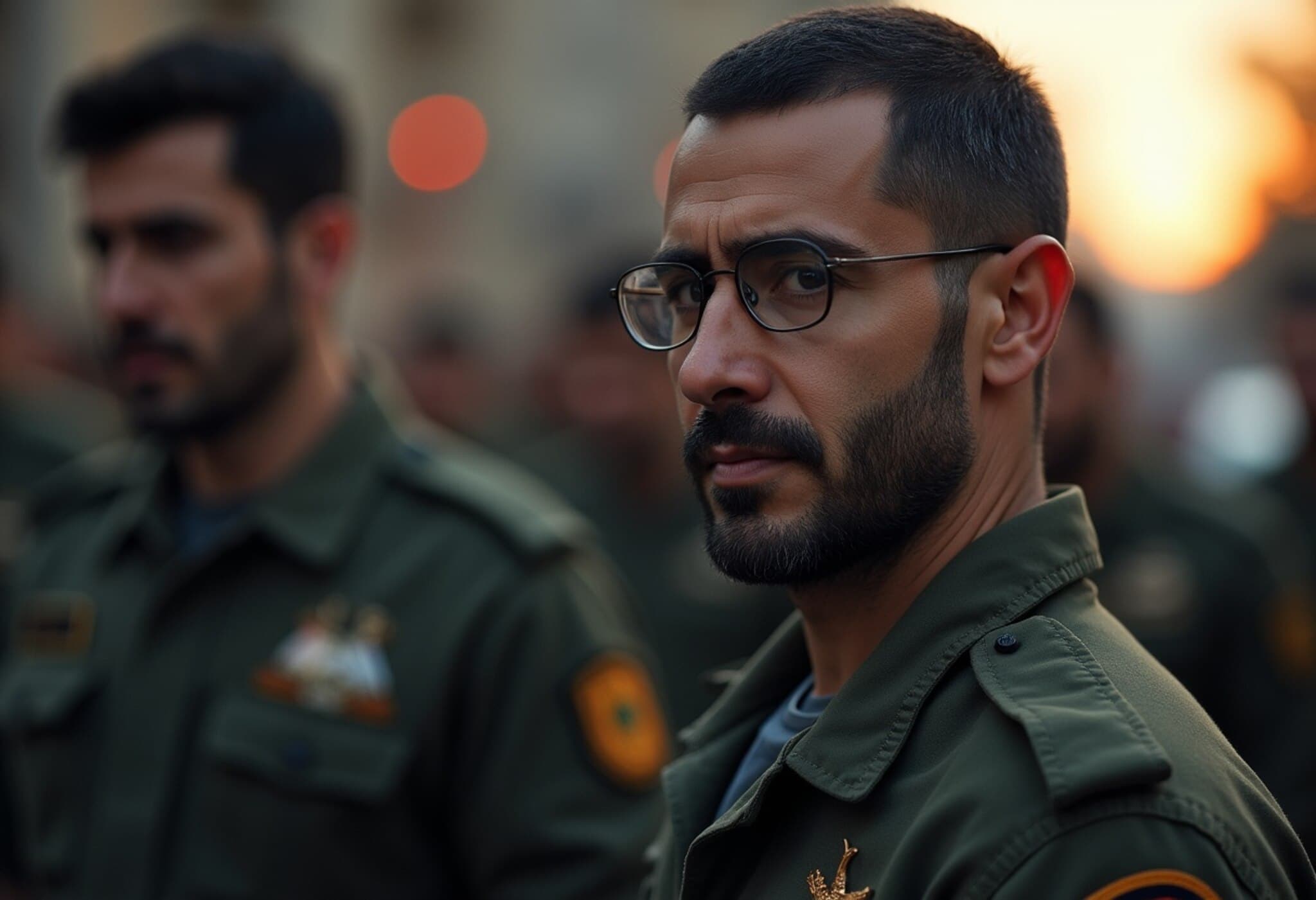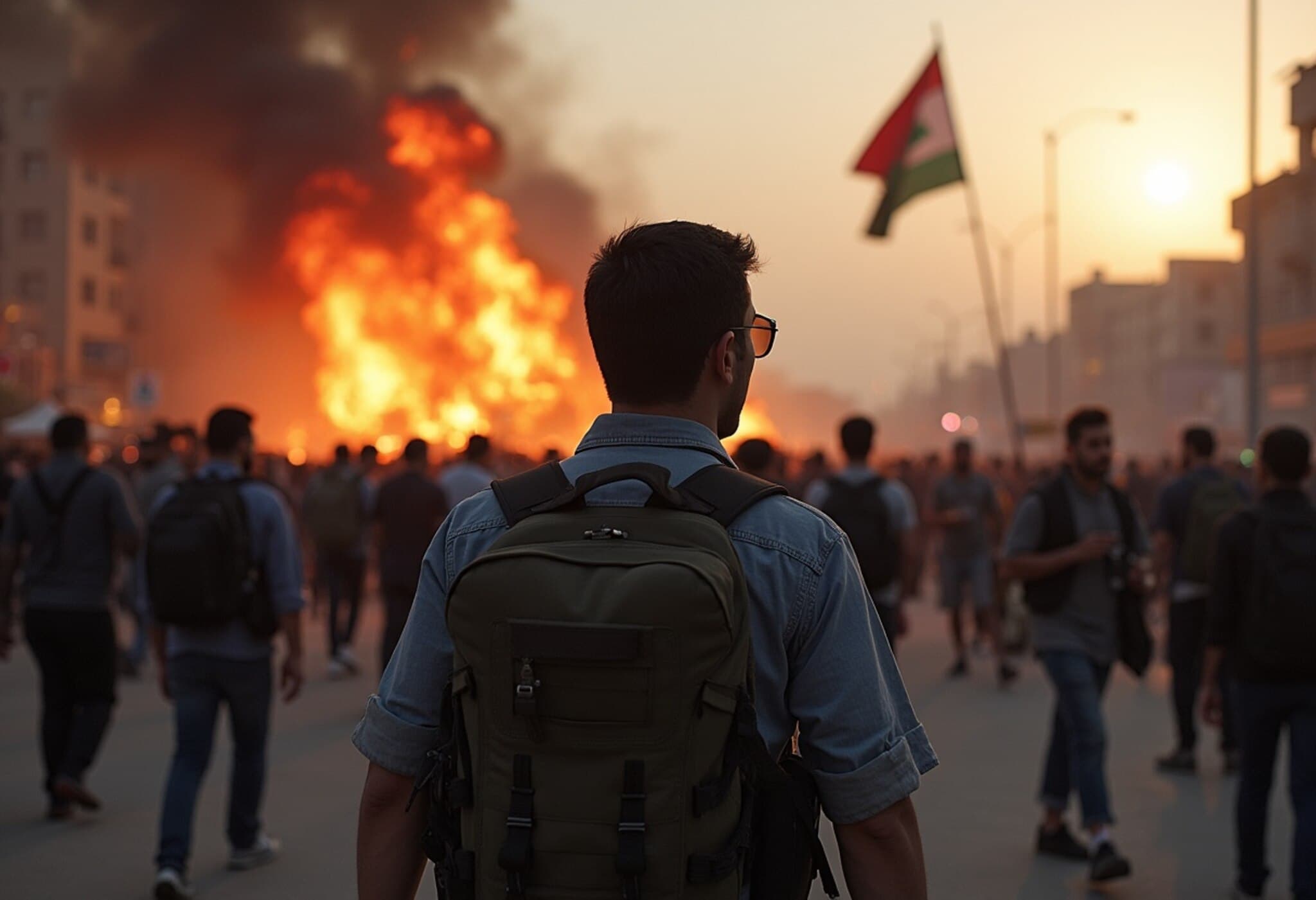Iran Reports Mass Detainment During June's Air War with Israel
In a rare public disclosure, Iranian authorities revealed that more than 21,000 suspects were detained throughout the 12-day air conflict with Israel in June 2025, according to state media sources. The announcement, made by police spokesperson General Saeed Montazeralmahdi, highlights the government's broad security crackdown amid one of the most intense military confrontations that has affected the Middle East region in recent years.
High Public Involvement Cited Amid Arrests
Speaking to Iran state television, Gen. Montazeralmahdi credited the high number of arrests to the vigilance and participation of ordinary citizens, who reportedly reported suspicious activities to authorities. He stated, “The arrest of 21,000 suspects during the 12-day war indicated high awareness and participation of people in providing security.”
However, details surrounding the precise nature of the charges remain largely undisclosed. The police chief did identify that among those detained, over 260 were suspected spies, while 172 individuals were held for illegal filming, suggesting concerns about intelligence breaches and information leaks during the conflict.
Unprecedented Security Measures Nationwide
During the escalation from June 13 to 24, the Iranian police established more than 1,000 checkpoints across the country in a heightened security mobilization effort, underscoring the regime’s determination to maintain internal control amid external conflict pressures.
This declaration marks the first time Iranian authorities have publicly disclosed a comprehensive tally of arrests tied to the military confrontations with Israel, representing a shift towards greater transparency—or potentially a tactical signal aimed at domestic and international audiences.
Context: The June Air War and Its Aftermath
The context of these detentions lies in the months-long cycle of violence ignited by Israeli airstrikes targeting Iranian infrastructure and military personnel. Israeli operations reportedly resulted in nearly 1,100 fatalities, including high-ranking commanders. Iran's retaliatory strikes, while less lethal with 28 reported deaths in Israel, further escalated tensions.
Since the conclusion of the conflict, Iran has executed seven men convicted of spying for Israel, spelling heightened fears among human rights organizations of an intensifying crackdown that may lead to more executions and suppression of dissent.
Expert Perspectives and Regional Implications
From a geopolitical standpoint, Iran's mass detentions reveal the regime's acute sensitivity to internal threats during volatile periods, but also raise critical questions regarding due process and human rights obligations under international law.
American and global policymakers are closely monitoring these developments, as heightened repression may lead to further destabilization or provoke wider international scrutiny and sanctions.
Moreover, this wave of arrests highlights the complex human cost of the Iran-Israel proxy conflict, where civilians often bear the brunt of sweeping security policies designed to stifle espionage and internal dissent.
What Remains Unanswered?
- What legal standards and judicial processes are governing the treatment of those detained?
- How are families and communities coping amid such widespread arrest campaigns?
- Will international human rights groups gain access to verify allegations of mistreatment or wrongful imprisonment?
- Could these domestic crackdowns influence Iran's diplomatic posture or willingness to engage in conflict de-escalation?
Editor's Note
The unprecedented scope of Iran’s detainment operations during the June war with Israel opens critical windows into the intersection of national security and human rights in conflict zones. While security concerns are legitimate during times of war, the sheer volume of arrests and executions demands rigorous scrutiny and transparency. Readers are encouraged to consider how such state responses shape the social fabric internally and affect the fragile balance of peace in a region marred by protracted conflict. For policymakers, this situation is a cautionary tale about the consequences of unresolved geopolitical tensions spilling over into civil liberties and justice systems.















